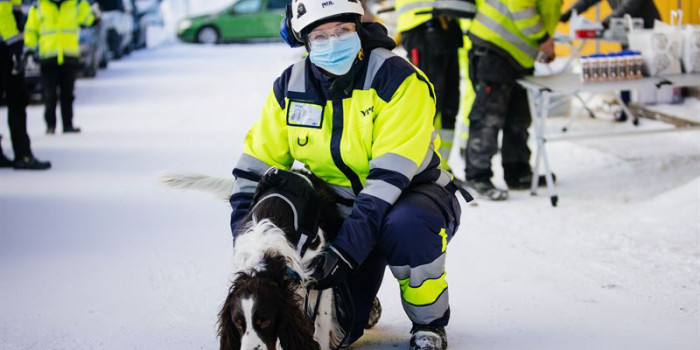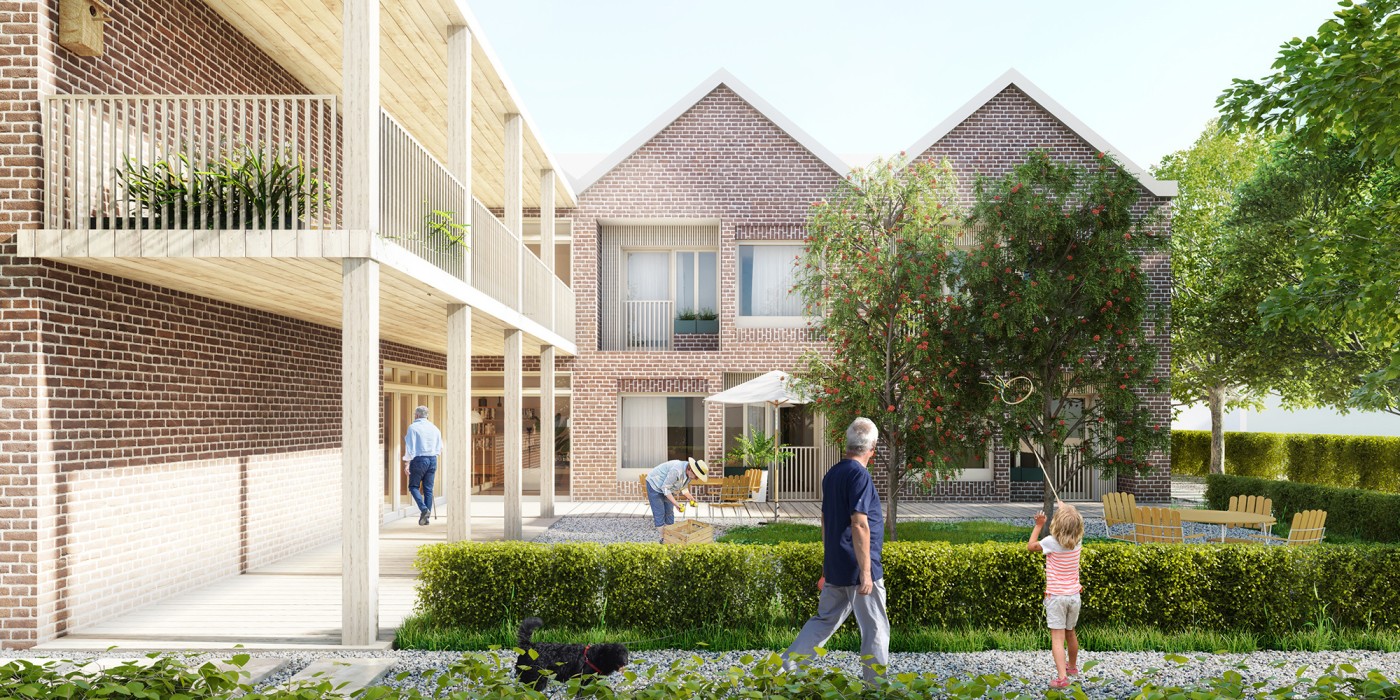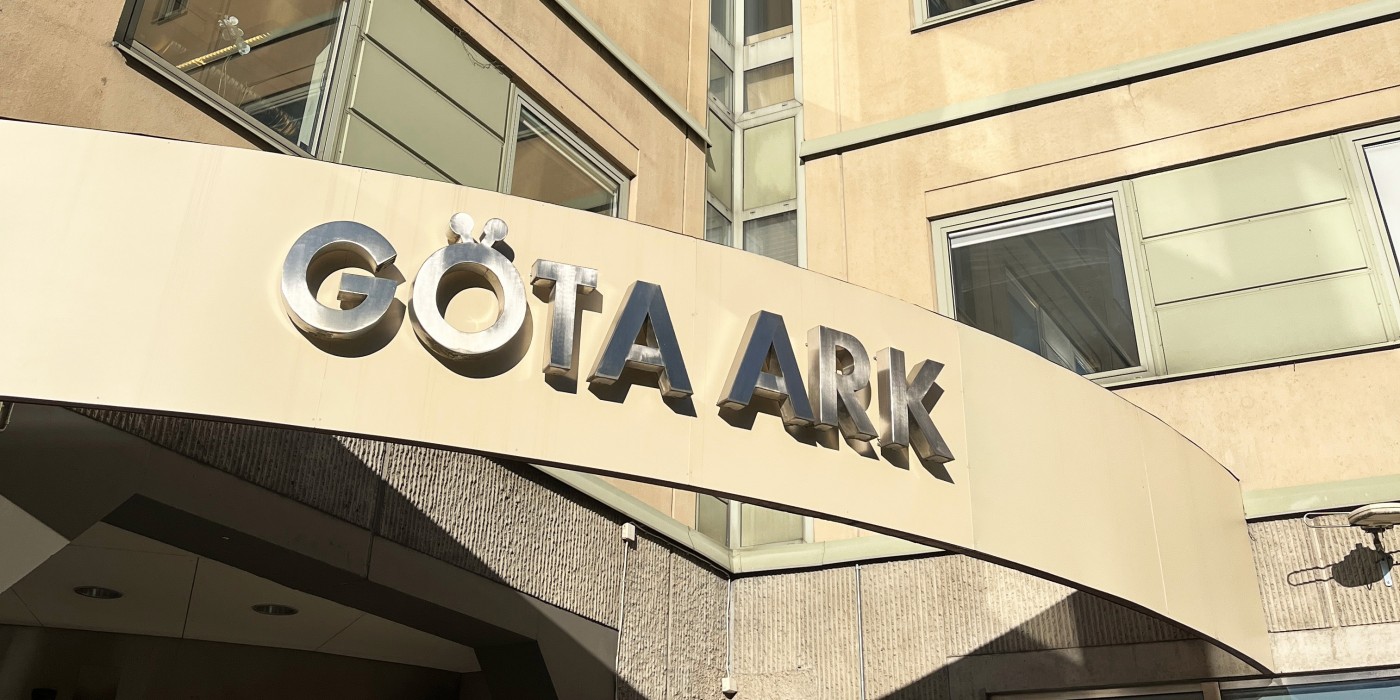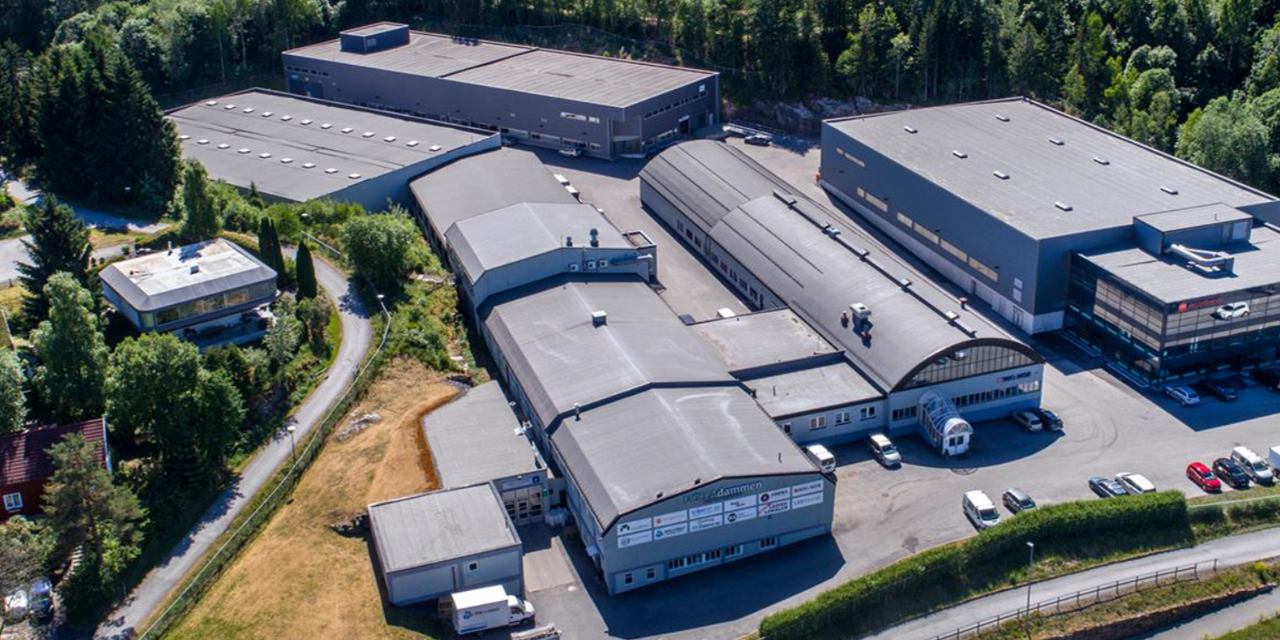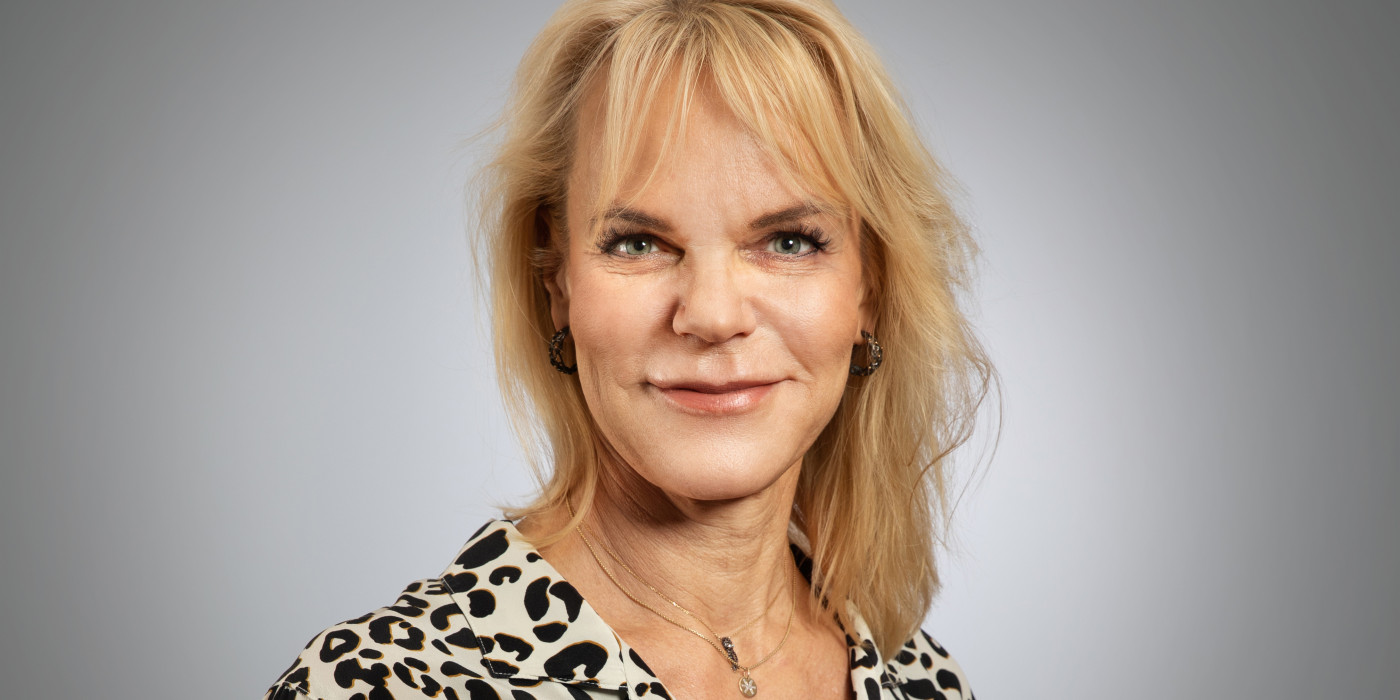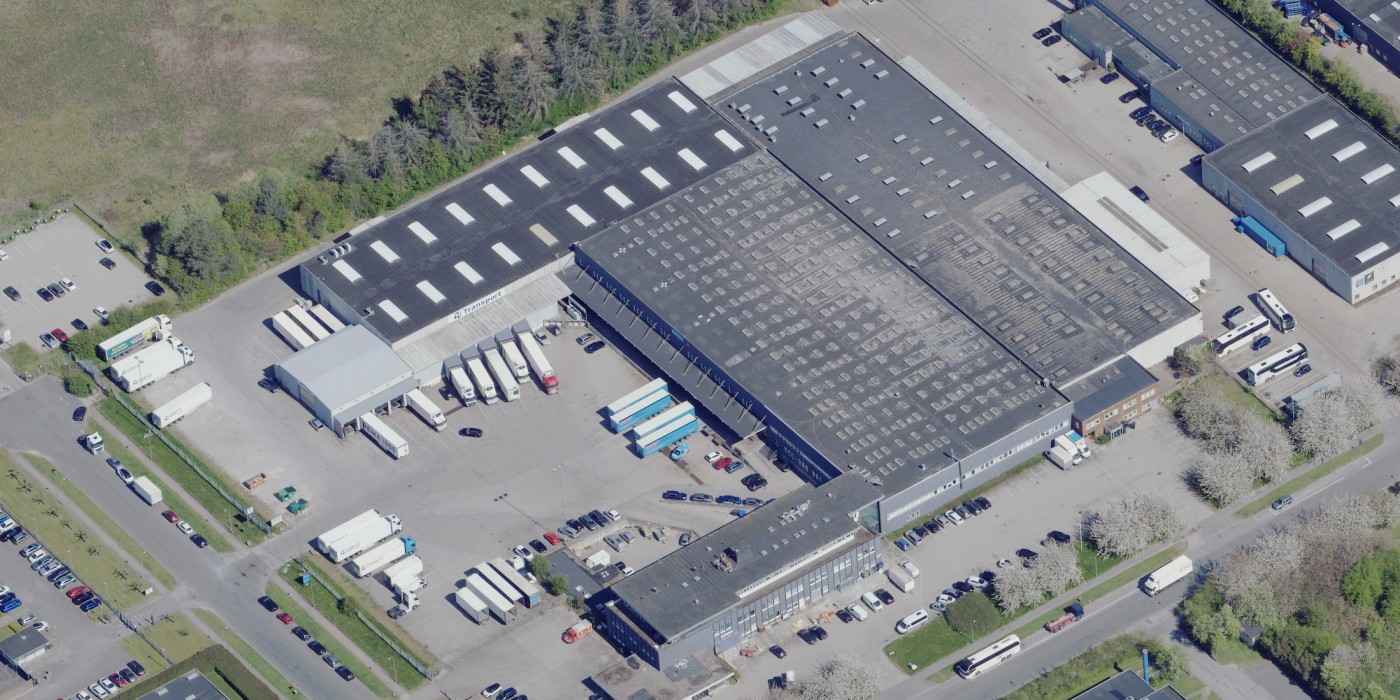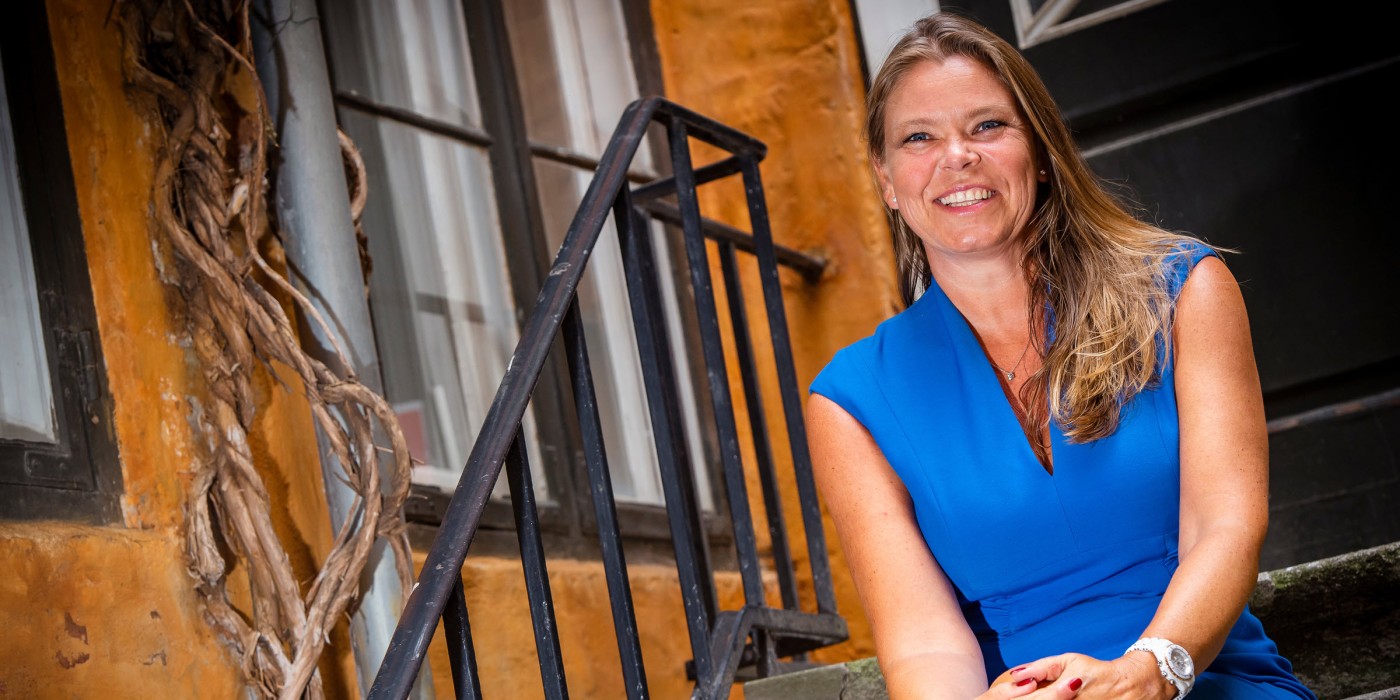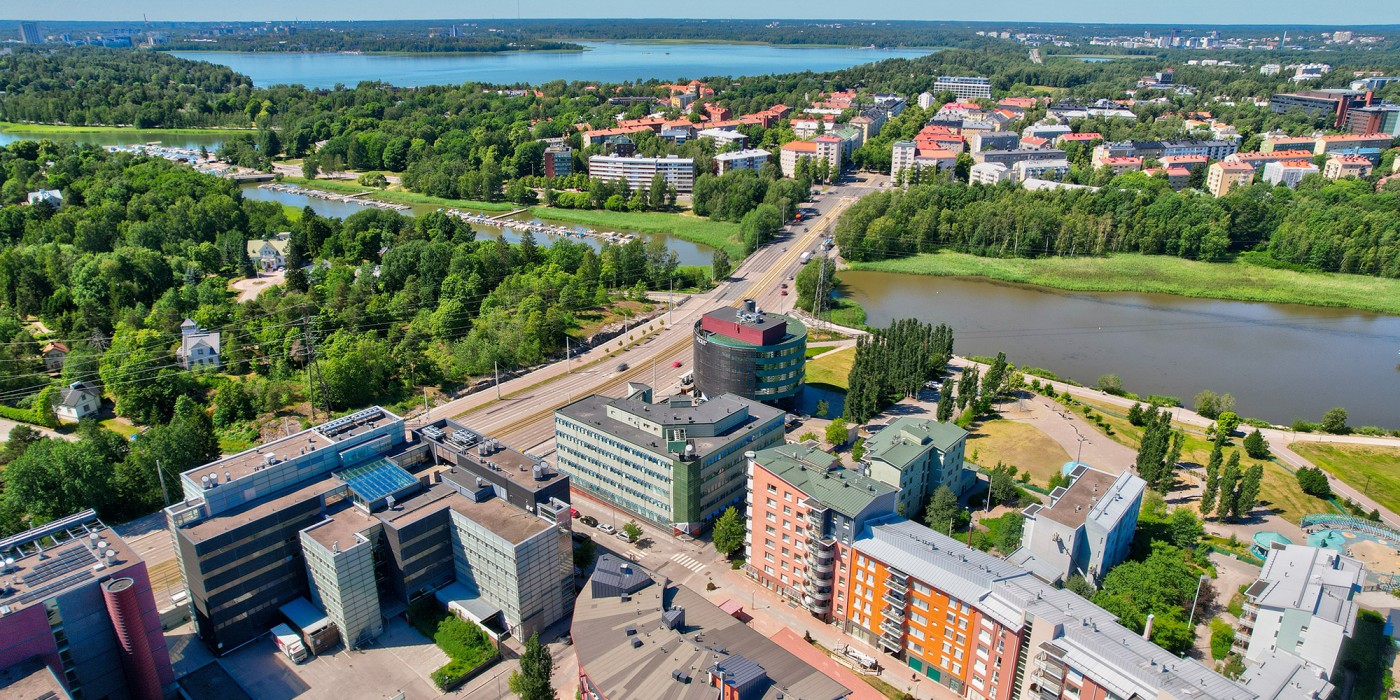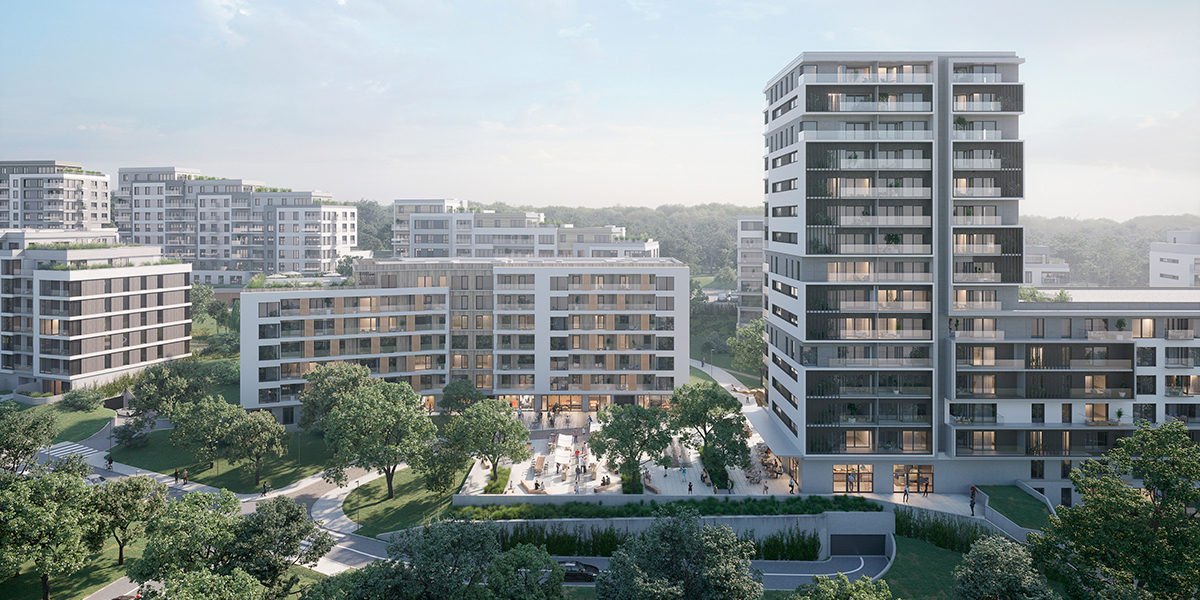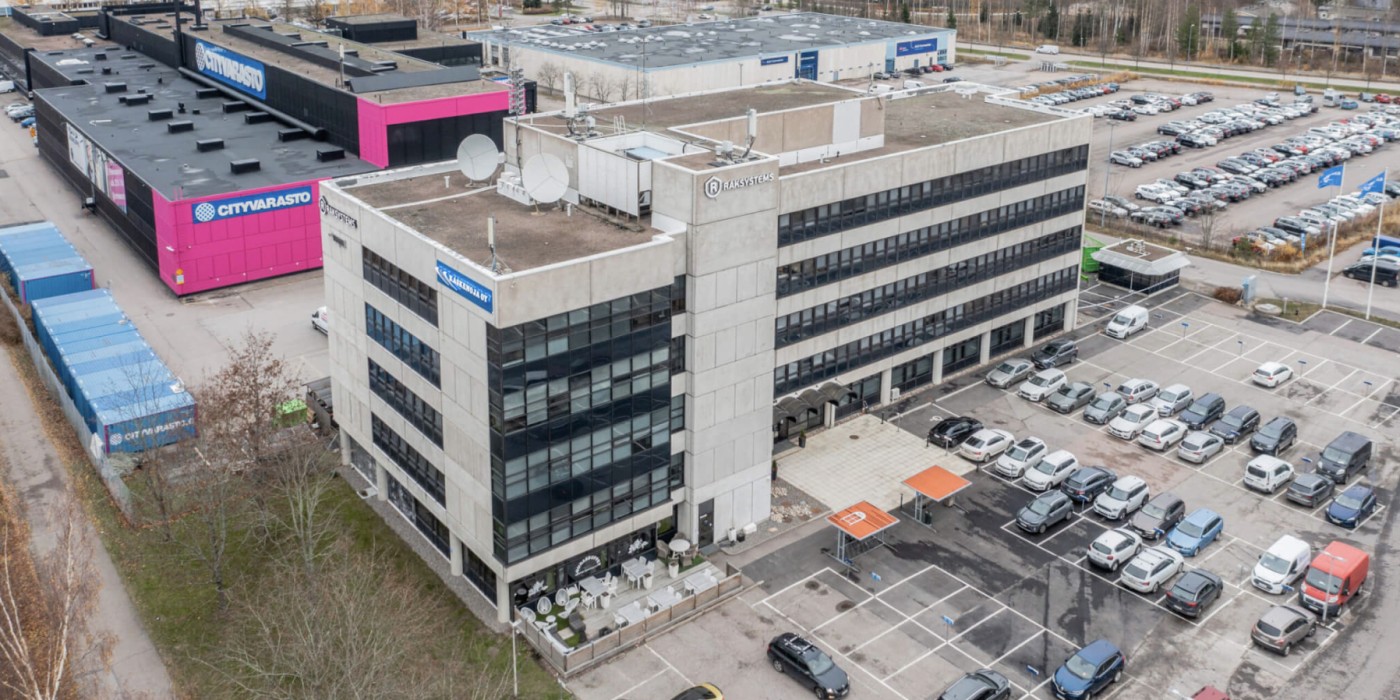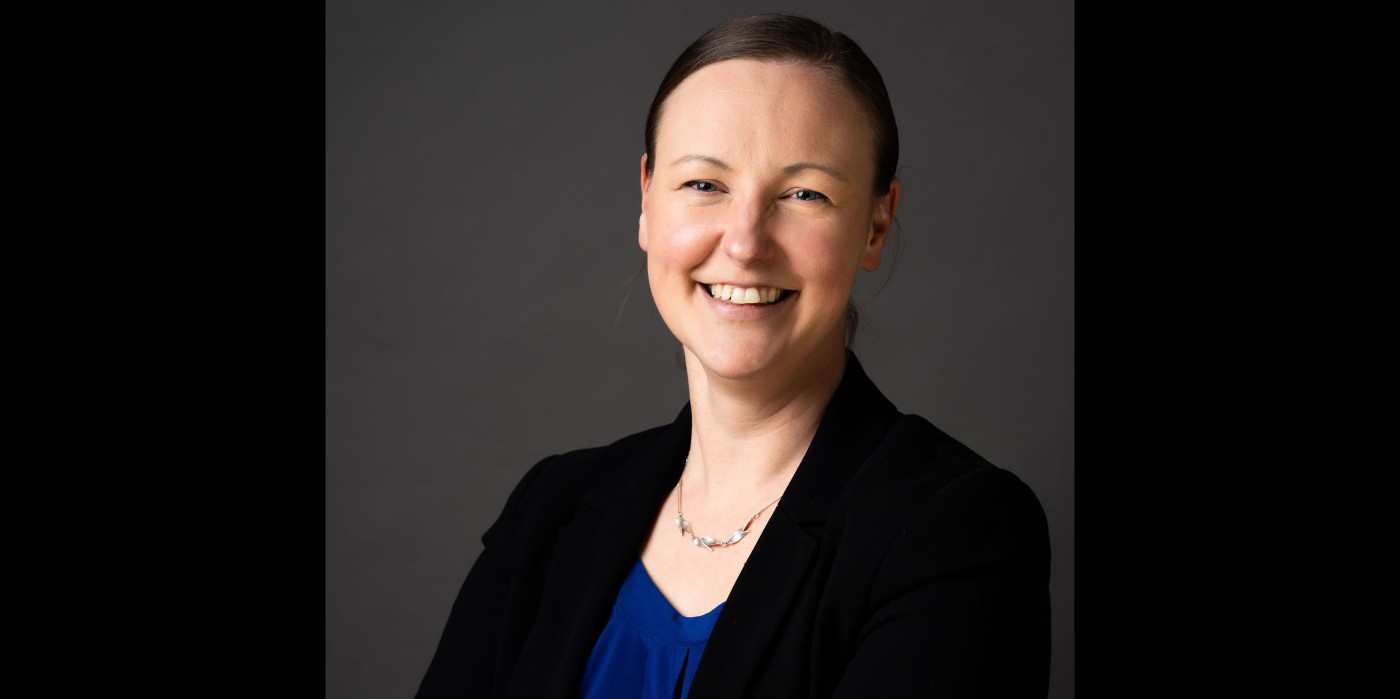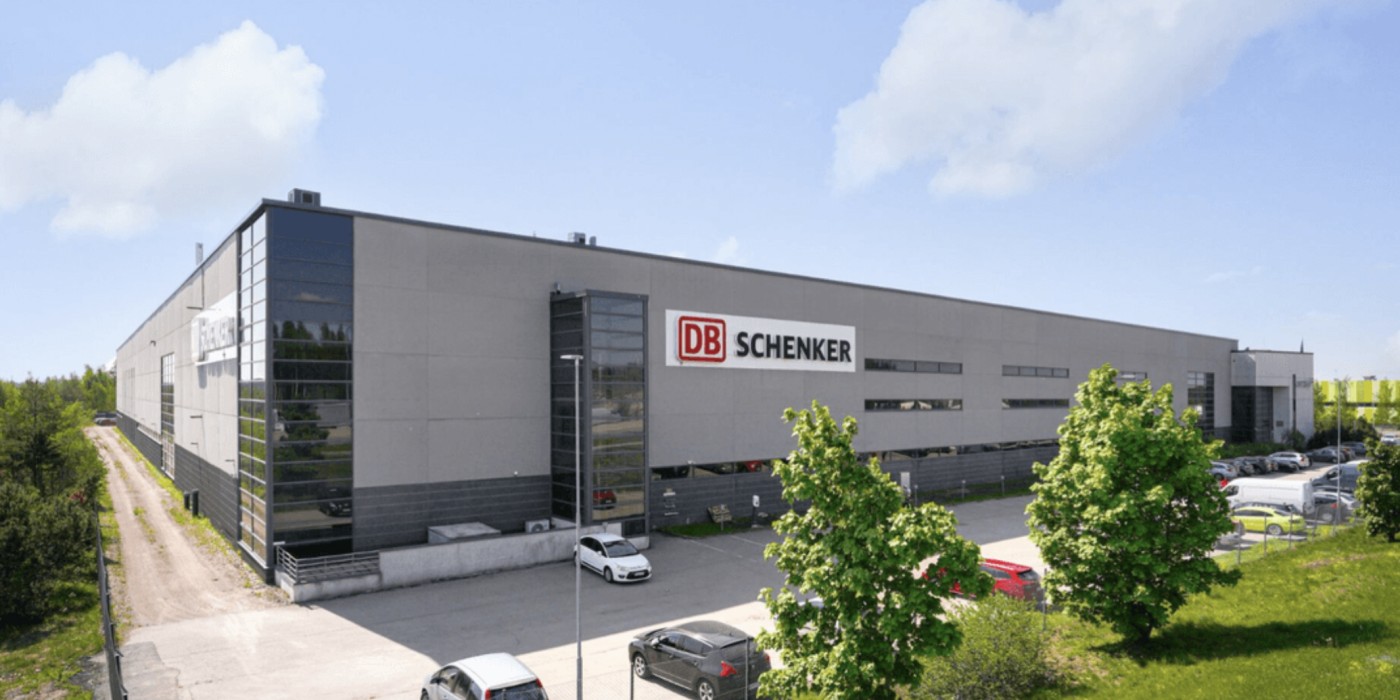When corona closed the world, the construction industry was also on the verge of something new. The COVID-19 pandemic forced YIT to take a huge leap, both digitally and in many practical areas, to work safely on construction sites and in offices and to sell new apartments smoothly.
Small actions have a major influence on health security
YIT has invested in the prevention of coronavirus infections throughout the pandemic. At the outset, improving the hygiene of the sites was an important way for preventing the spread of the disease. YIT implemented a hygiene pilot in early autumn 2020, with which the cleanliness and hygiene of the dressing rooms and washrooms at the participating sites were examined as part of the weekly measurement of the site. In practice, the cleanliness of the tables and the sufficiency of soap with hand wash points were taken care of more than before at the construction sites. Printed COVID-19 instructions were placed in visible places. The benefits of the pilot were positively surprising: for example, the number of seasonal flu illnesses decreased significantly due to improved hygiene practices.
As part of the improvement of health in construction sites, corona tracker dogs were also involved in order to find asymptomatic carriers of the coronavirus at an early stage. In the experiment, the dogs sniffed nearly 1,000 samples collected from different construction sites. In addition, YIT built a movable COVID-19 test centre on the site with Mehiläinen. Thanks to corona dogs and rapid testing, one large construction site,was able to prevent the spread of infection. With the help of the experiment, it was possible to build a suitable test model for large construction sites which would reach professionals employed by different employers within a few hours.
To electronic housing sales in less than a week
The COVID-19 pandemic accelerated the digital leap in the traditionally very site-oriented construction industry. A significant number of YIT employees, as well as all those who were not needed on site at construction sites, switched to remote work. A new stage in service development was also put in place.
One of the most significant changes is the electronic housing sales. YIT invested in its development even before the COVID-19 pandemic, so it was possible to make the transition quickly both in Finland and in other countries. According to YIT Chief Enterprise Architect Marko Väyrynen, the biggest digital leap was in Russia: housing sales offices closed on Saturday, March 28, 2020 at the order of the authorities, and already the following week all sales activities had been transferred to digital and people to remote working.
“The COVID-19 pandemic accelerated the transition of housing sales in Russia to the digital world. The good news was that we had been developing it for a long time and everything was ready. Nevertheless, it was a big leap for the whole organisation”, Väyrynen says.
From zero to a winning business premises concept in a year
Due to corona, YIT's agile development cycles were also re-prioritised in order to focus on the right issues for the situation. The work paid off: in just 10 weeks after the start of the pandemic, YIT released a new version of the YIT Plus service for customers and built a streaming studio at the Head Office for remote demonstrations of the listings, among other things.
When it became clear that the COVID-19 pandemic would not be over in weeks or even months and would change working life, YIT conducted a Year Zero survey on the future of work. One of its concrete measures was the opening of Workery+ in Vallila in May 2021.
“We just created a whole new business for YIT in a year. Strongly digitalised Workery+ Vallila has already won the Smartest Building Award 2021. I don't think we could have ever done the same thing in this time without the COVID-19 pandemic”, Väyrynen says.
Health and safety issues have also been taken into account already in the development phase of the business premises concept. Examples of this are Workery+ air cleaners, which remove viruses from indoor air, enabling safe working at the office.
Involving public authorities and residents remotely
Inspection and handover of buildings have also required a new kind of flexibility. During the COVID-19 pandemic all statutory inspectionsof the construction project were carried out remotely. If the authority has required on-site presence, only the person undertaking the construction project (project manager), main designer, site manager and the authority have been involved. According to Jarkko Mäenpää, YIT's developer manager, cooperation with remote connections has gone well, the projects have been completed within schedule and the reviews have been performed as agreed.
“I believe that the authorities have also been very pleased with the new way of doing things. It may well be that in the future the so-called paperwork of the inspection will be done at least partly remotely and only a smaller core group of people will go to the site”, Mäenpää adds.
The number of participants in information sessions for residents and other housing-related meetings has also increased, as it has been possible to attend them remotely. Merja Vainikka, Corporate Governance Representative from YIT, says that while meeting new neighbours in meetings and information is needed, the opportunity to participate remotely has certainly come to stay.
“Being able to participate wherever you are brings freedom to our customers. On the other hand, there are still customers for whom the use of information technology is not possible, which is why hybrid meetings are appropriate”, Vainikka adds.


 All Nordics
All Nordics
 Sweden
Sweden
 Denmark
Denmark
 Finland
Finland
 Norway
Norway
